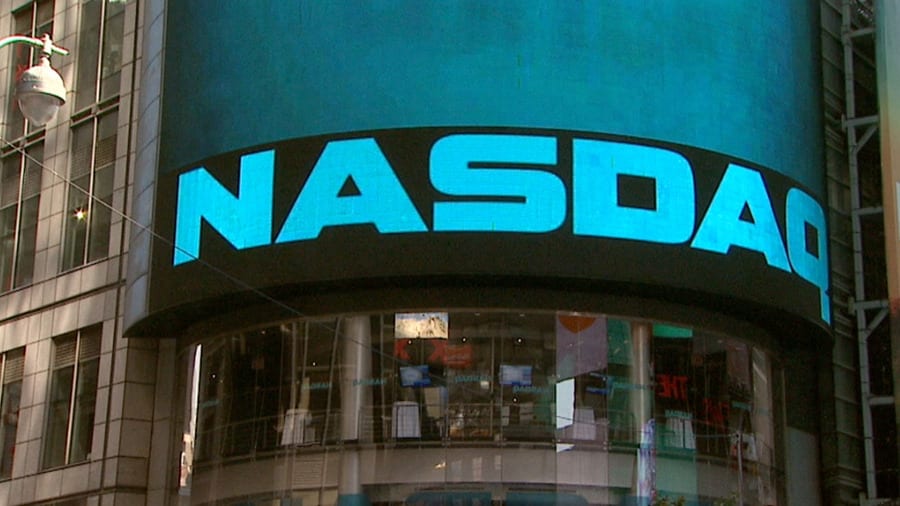
Yahoo CEO Jim Lanzone plans on returning the web perennial to a publicly-traded company and its “huge” traffic numbers are expected to clear the way.
While Yahoo is “too small” to tackle search engine titans Google (GOOG) and Microsoft (MSFT), owner of Bing, Lanzone indicated the company may be ready for an IPO, and the sooner the better.
DON’T MISS: History of Google: How It Began and What’s Happening
In a July 4 interview published in the Financial Times, CEO Lanzone said Yahoo is “ready financially, the company has a great balance sheet, (and) we’re very profitable.”
A big component in Yahoo’s rebound has been the fact it’s a private company with some of the operational and financial management perks going private confers on a business.
“Being private allowed the company to make necessary structural changes, creating business units similar to the model used when he was head of CBS Interactive,” The Times reported.
More Trending Social Media News:
- Billionaire Housewife Bethenny Frankel Tells the Story Behind Her Gigantic Engagement Ring
- Retired NBA Legend Sees Backlash After an Enthusiastic Appearance at a Pride Parade
- TikToker Proposes Radical New System for College Tuition That Would Affect Everyone
While Yahoo has hinted it would return to the search engine arena, it’s eyeballs that should sell the company to initial public offering investors.
“Whether it’s finance, or sports or news, that’s still what we do, and why we’re No. 1, or No. 2, in all these important categories all these years later,” Lanzone noted in the FT interview. “While the company has had struggles [at] different points in time, we’re still huge in traffic, and we have our best days ahead of us product-wise.”
Yahoo was last traded publicly in 2017, the same year it was purchased by Verizon. The company changed hands again in 2021, when the private equity firm Apollo Funds bought the company from Verizon (VZ) for over $5 billion.
Like many technology companies, Yahoo is also in cost-cutting mode in 2023, slashing 20% of its workforce to unprofitable sections of its business. Financially, the cuts are proving to be “tremendously beneficial” to the company at a time when it's calibrating its chances of going public, Lanzone said.







